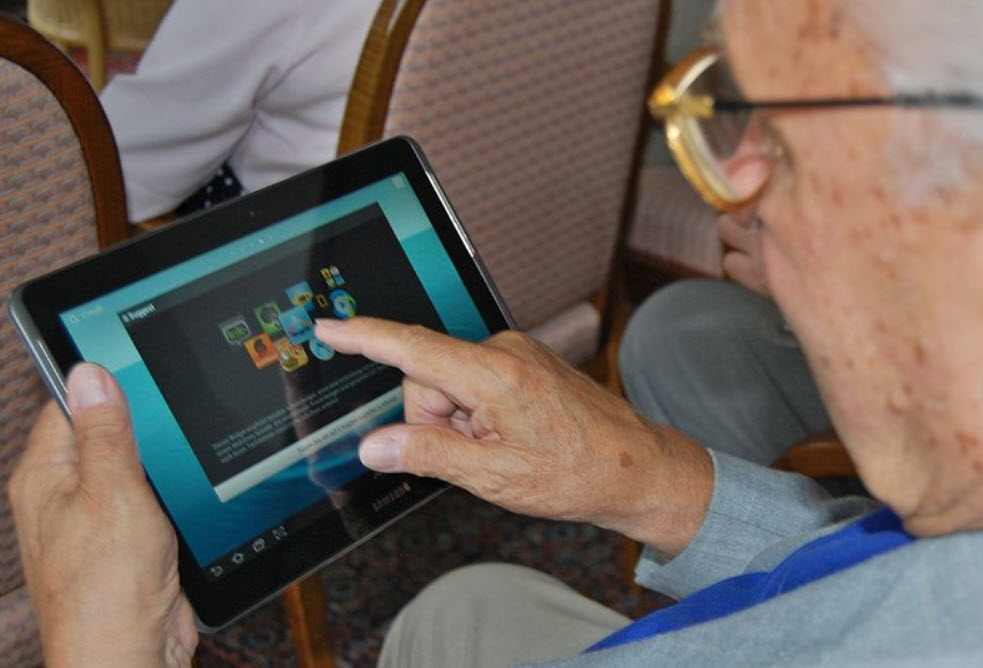by Rex Ledesma

Assistive devices for seniors can make a big difference in their lives, whether they live at home or in a community. These devices provide safety and may be covered by insurance, depending on the individual’s plan and eligibility.
Medicare Coverage:
- Medicare Part B helps cover some costs of assistive technology under the Durable Medical Equipment (DME) benefit. This includes mobility assistive equipment (MAE) such as crutches, canes, scooters, and manual or electric wheelchairs. To qualify for this benefit, the following criteria must be met:
- Medical Necessity: The device must be prescribed by a doctor.
- Durability: The equipment should be able to withstand repeated use.
- Home Use: It must be intended for use within the home.
- Longevity: The device should have an expected lifespan of at least three years.
Medi-Cal Coverage:
In California, Medi-Cal covers power wheelchairs designed for both indoor and outdoor use, provided they are the most cost-effective option that meets the member’s medical needs and all other alternatives have been considered.
Additional Assistive Technologies
Seniors can also benefit from a variety of other assistive technologies, including:
- Phones with Large Buttons: These often come with real-time closed captioning (speech-to-text technology) for those with hearing impairments. Contact Cal Connect at 800-806-1191.
- Large Print Materials: Easier to read for those with vision challenges. Amazon typically sells large print material. You can also contact the American Printing House at 800-223-1839 for additional resources.
- Text-to-Speech Systems: Converts written text into spoken words. ReadSpeaker partners with local and state government to provide text to speech services.
- Screen Reading Software: Assists visually impaired users in navigating their devices. ICanConnect is a good resource for these products and services.
- Braille Displays: Allows access to digital content through Braille. The American Foundation for the Blind provides these assistive technologies and may be contacted at 212-502-7600.
- Talking Devices: Provide audio output for various functions.
- Magnifiers: Help users see fine print or small objects.
- Visual or Vibrating Alerts: Doorbells and smoke alarms equipped with visual signals or vibrations for those who are hard of hearing. The California State website provides listings of vendors who provide these products. You can also call the National Institute on Deafness at 800-241-1044 for more information.
Out-of-Pocket Costs:
The costs that seniors may need to pay out of pocket can vary based on other insurance coverage and the fees charged by their healthcare providers.

